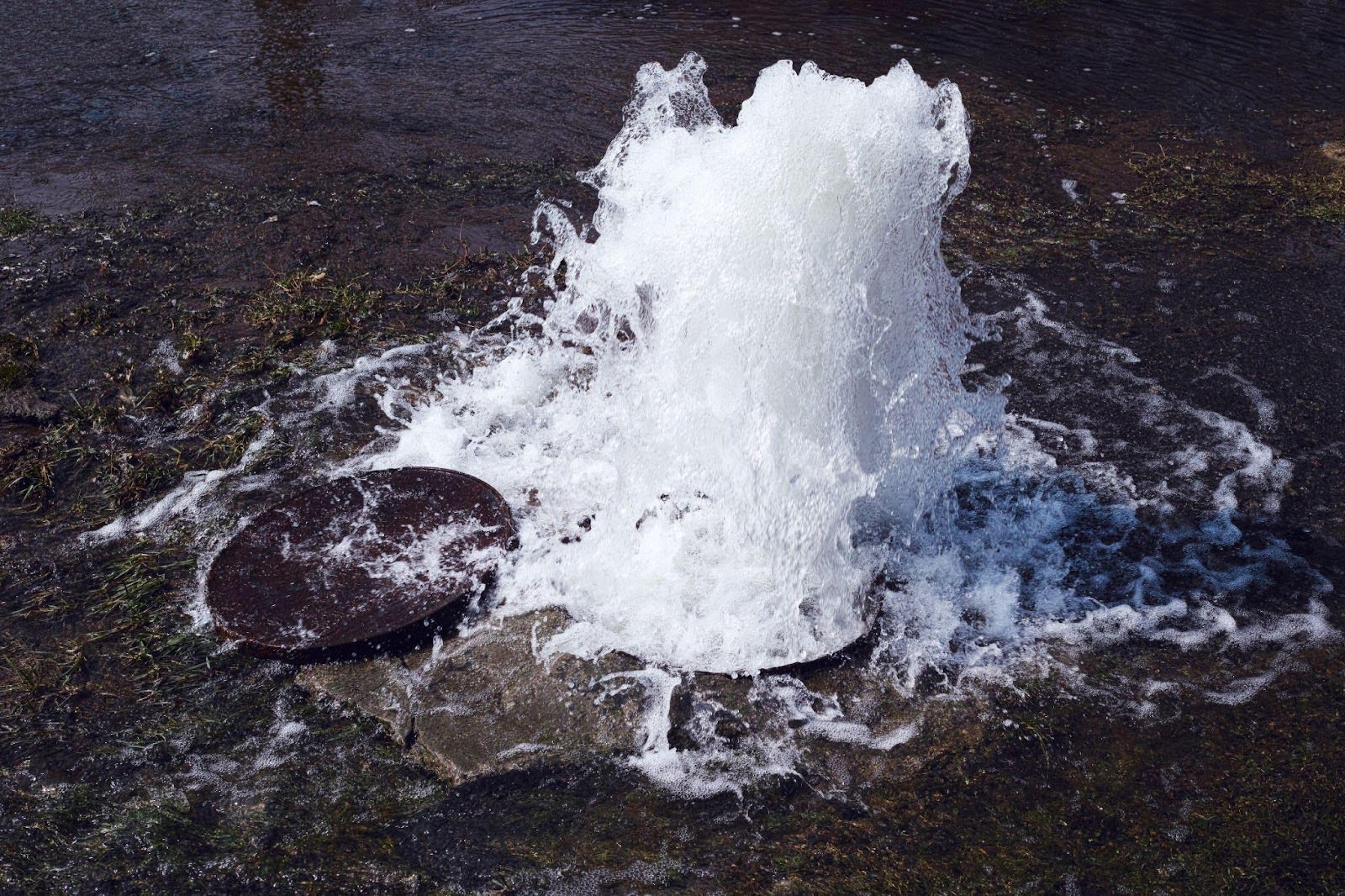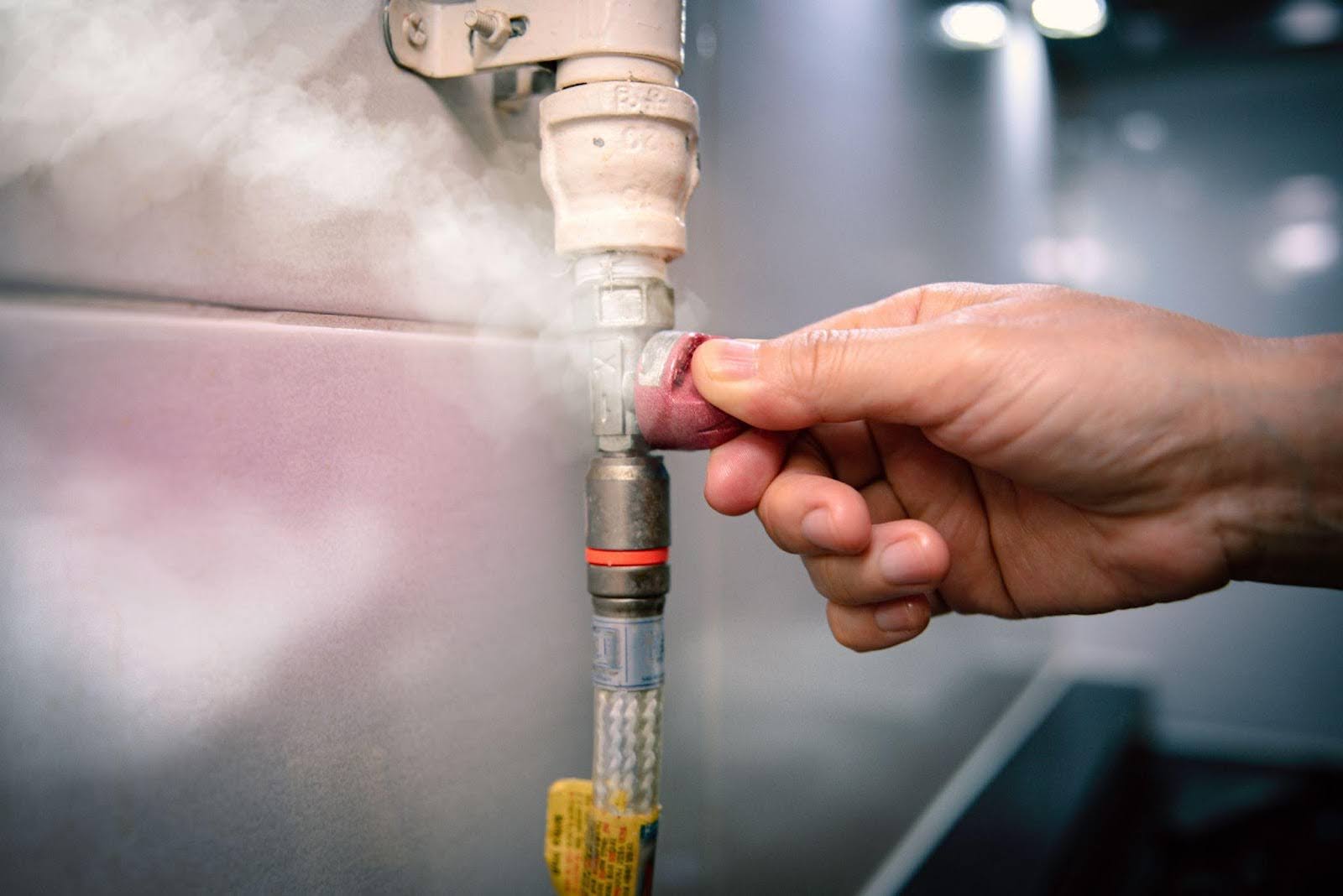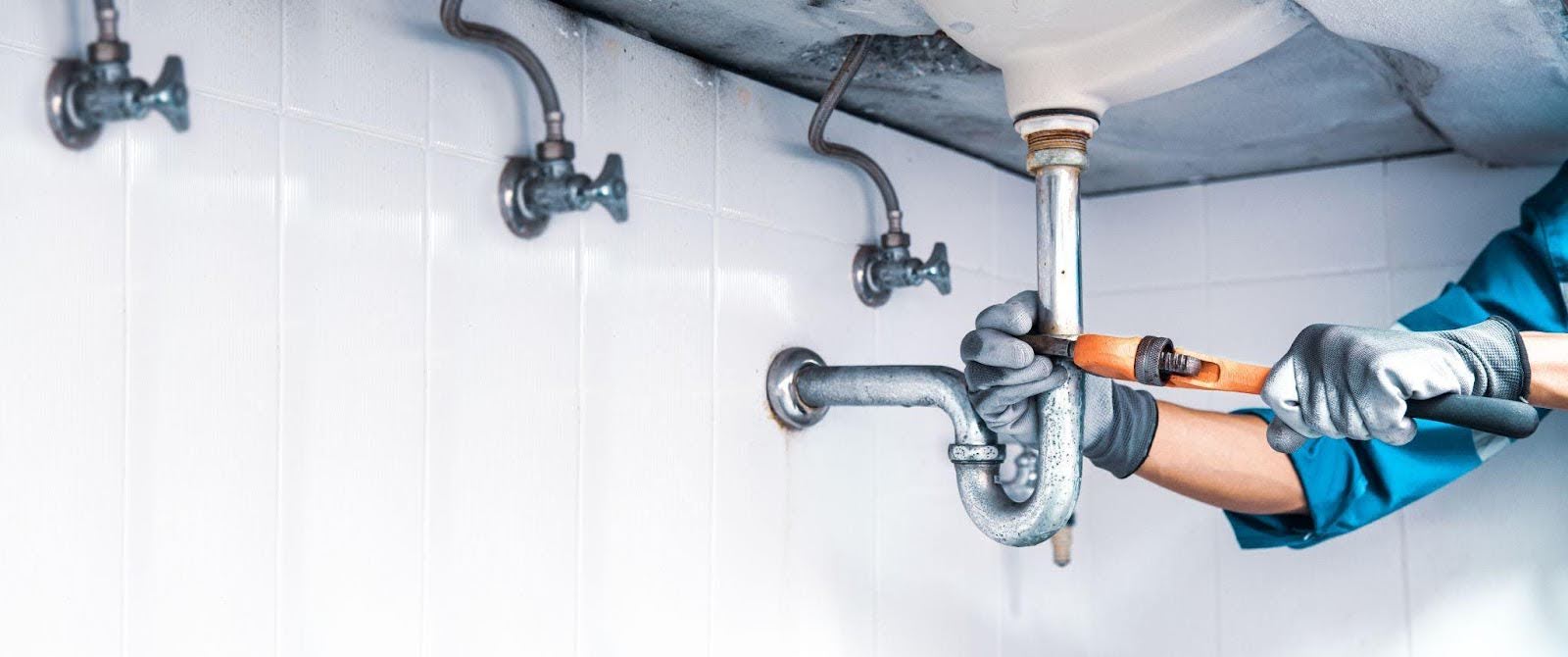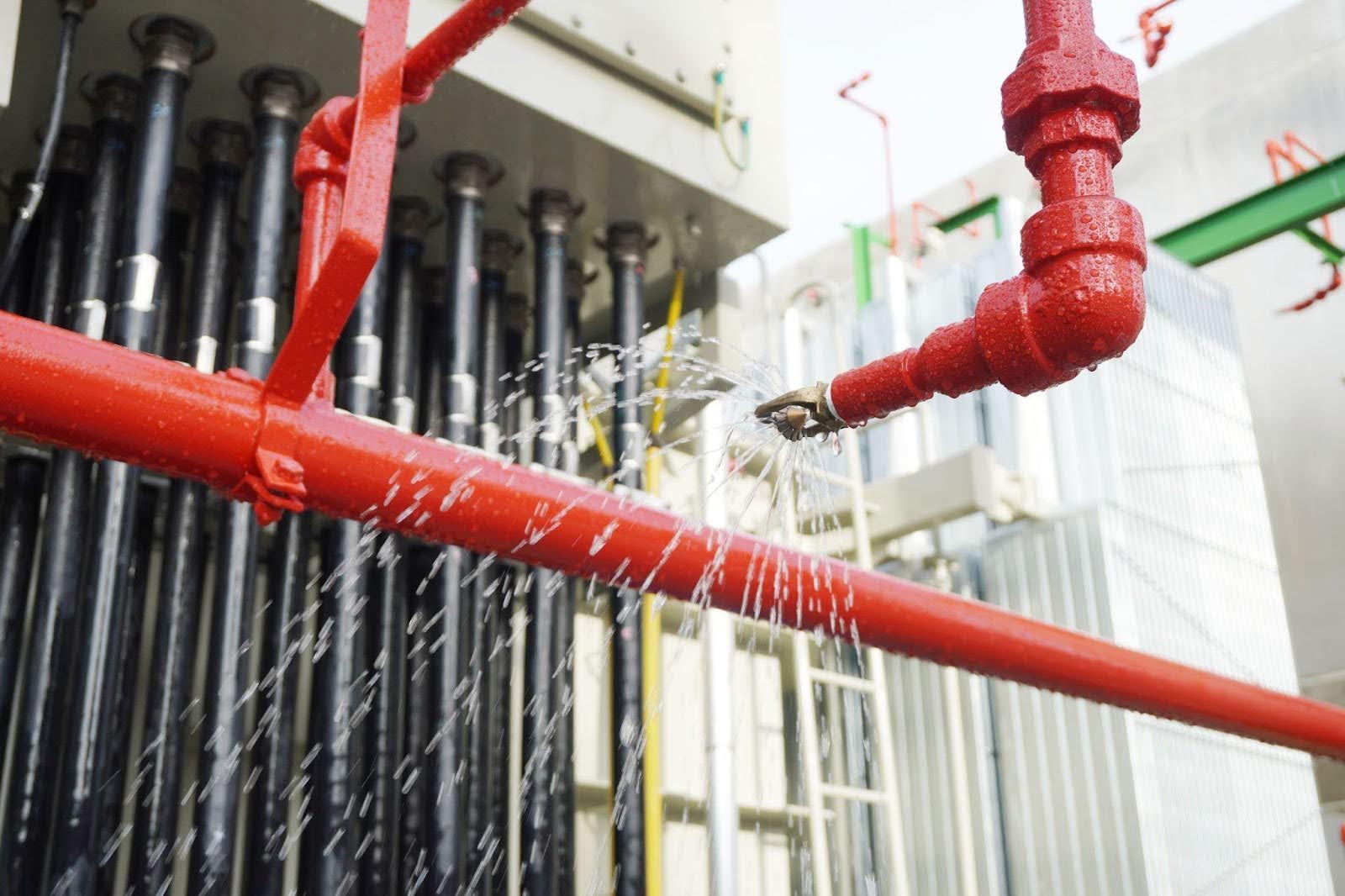Water mains serve as the lifeline for homes and businesses, delivering the essential resource we rely on daily: clean water. These underground pipes work tirelessly to ensure that taps flow with fresh water and that our appliances function properly. However, varying weather conditions challenge the integrity of these vital systems.
Extreme temperatures, heavy rainfall, droughts, and shifts in the soil all affect the stability of water mains. For instance, freezing temperatures lead to pipe bursts, while heavy rains saturate the ground and increase pressure on these structures. Such weather-related issues disrupt water supply and lead to costly repairs and potential health hazards from contaminated water.
In this blog, we will explore the intricate relationship between weather and water main integrity. We will explore how different weather conditions impact these crucial systems and provide practical tips for homeowners and property managers on preparing for seasonal challenges.
Understanding these factors helps maintain a reliable water supply and protects your property from unexpected plumbing emergencies.
Understanding water main integrity
Water main integrity refers to the overall structural soundness and functionality of the pipes that transport water from treatment facilities to homes and businesses. Maintaining this integrity helps ensure public health and safety, as compromised water mains lead to leaks, contamination, and disrupted water supply.
When water mains fail, the consequences extend beyond inconvenience; they pose serious risks, including waterborne illnesses, property damage, and increased repair costs.
Several factors contribute to water main failures. Age also affects integrity; older pipes, especially those made from cast iron or lead, often suffer from corrosion, weakening their structural integrity. As these pipes deteriorate over time, they become more susceptible to leaks and bursts.
The materials used in constructing water mains also influence their longevity. Modern materials like PVC and ductile iron provide better resistance to corrosion and external pressures, while outdated materials struggle to withstand environmental changes.
External pressures, such as soil movement, extreme weather conditions, and heavy traffic above ground, further impact water main integrity. Seasonal changes, like freeze-thaw cycles, cause soil to expand and contract, increasing stress on buried pipes. Heavy rainfall saturates the ground, creating hydrostatic pressure that challenges the stability of water mains.
Understanding these factors empowers homeowners and property managers to take proactive measures to ensure the reliability and safety of their water supply. By recognizing the elements affecting water main integrity, you can better prepare for seasonal challenges and protect our communities.
Seasonal weather challenges
Seasonal changes present unique challenges to water main integrity, impacting their stability and functionality throughout the year. From freezing temperatures to rapid thaws and extreme heat, each season brings conditions that compromise water mains and disrupt service.
Here’s a look at how each season affects these essential components of our infrastructure:
Winter conditions
Freezing temperatures pose a threat to water mains, as they lead to pipe bursts that disrupt service and cause extensive damage. When temperatures drop, water inside pipes freezes, expanding and increasing pressure on the pipe walls. This expansion often results in cracks or complete ruptures, leaving homeowners and businesses without water.
Additionally, snow and ice accumulation places extra weight on above-ground pipes and joints, exacerbating stress on the water main infrastructure.
Spring thaw
As winter fades, rapid thawing presents its own set of challenges. When temperatures rise quickly, sudden melting causes soil to saturate, leading to shifts and movements in the ground. This saturation increases water pressure within the system, creating a heightened risk of leaks or bursts as the pipes struggle to accommodate the rapid changes.
Property owners must remain vigilant during this transition, as the combination of melting snow and saturated soil destabilizes the foundation of water mains.
Heavy rainfall and flooding
Excessive rainfall wreaks havoc on water main integrity. Heavy downpours cause soil erosion and create instability around buried pipes, exposing them to potential damage. This instability increases the likelihood of pipes shifting or collapsing under pressure.
Furthermore, flooding introduces contaminants into the water supply through backflow. When floodwaters overwhelm sewer systems, they push untreated sewage into clean water lines, posing significant health risks.
Heat waves and drought
Extreme heat also impacts water mains. High temperatures cause ground shifts that affect the stability of the pipes, leading to cracks or disconnections. Drought conditions reduce soil moisture levels, creating gaps around buried pipes.
These gaps expose water mains to shifting ground and increased pressure, making them more susceptible to damage. Property owners must know how these environmental conditions influence their water infrastructure during heat waves.
By understanding the seasonal challenges that affect water main integrity, homeowners and property managers better prepare for potential issues. Taking proactive measures to address these risks ensures a reliable and safe water supply throughout the year.
Signs of potential problems
Before diving into the specific warning signs, it’s essential to understand the common indicators that might suggest an issue with your water main. From sudden increases in your water bill to physical changes around your property, awareness of these signs helps you catch and address potential problems early.
Unexplained water bill increases
Monitor your water bills closely, as a sudden spike signals a problem with your water main. When leaks develop, they often lead to increased water usage without any noticeable change in your habits.
If you notice a significant jump in your bill, investigate further, as this unexpected rise could indicate a leak underground, where water escapes from the main without visible signs.
Discoloration or unusual odors in water
Changes in your water’s appearance or smell indicate potential problems. Discolored water — especially if it appears brown or reddish — might signal rust or sediment buildup in the pipes, indicating corrosion or degradation of your water main.
Similarly, foul or unusual odors point to contamination or backflow issues. Contact a professional to evaluate the situation if your water smells strange or looks off.
Wet spots or sinkholes near the water main
Look for wet spots on your property, especially if they appear without explanation. These damp areas indicate a leak in the water main, where groundwater accumulates due to escaping water.
More alarming is the formation of sinkholes, which occur when the ground beneath becomes too saturated and unstable. Sinkholes signal severe structural issues with the water main. If you spot either of these warning signs, act quickly to prevent further damage and ensure safety.
Recognizing these signs early helps you address potential water main problems before they escalate. Being vigilant about these indicators saves you from costly repairs and ensures a reliable water supply for your home or business.
Preparation strategies
Regular inspections
Schedule regular inspections to maintain the integrity of your water main. By routinely assessing the system, professionals identify potential issues before they escalate.
During these inspections, experts examine the pipe conditions, looking for signs of corrosion, wear, or other weaknesses that could lead to failures. They also assess joints and connections, as these areas experience stress during seasonal weather changes.
Evaluating soil conditions around the water main helps detect any instability that could threaten the system.
Maintenance practices
Implement critical maintenance practices to reduce the risk of weather-related issues affecting your water main.
Keep the area around the water main clear of debris, vegetation, and ice to ensure proper airflow and prevent unnecessary pressure on the pipes. Regularly clear drains and ensure that gutters direct water away from the foundation, minimizing soil saturation and instability.
Additionally, insulate exposed pipes in colder months to prevent freezing and potential bursts.
Emergency preparedness
Develop an emergency plan for water main failures to ensure every property owner is prepared. Outline steps to take in the event of a water main break, including shutting off the water supply and notifying relevant authorities.
Keep emergency contact information for local utilities readily available so you can reach them promptly for repairs or assistance. Regularly review and update your plan, involving all residents or staff members to ensure everyone knows their roles and responsibilities during a plumbing emergency.
Prioritizing these preparation strategies enhances the resilience of your water main against seasonal challenges. Proactive measures safeguard your property, ensuring a reliable water supply and minimizing disruptions.
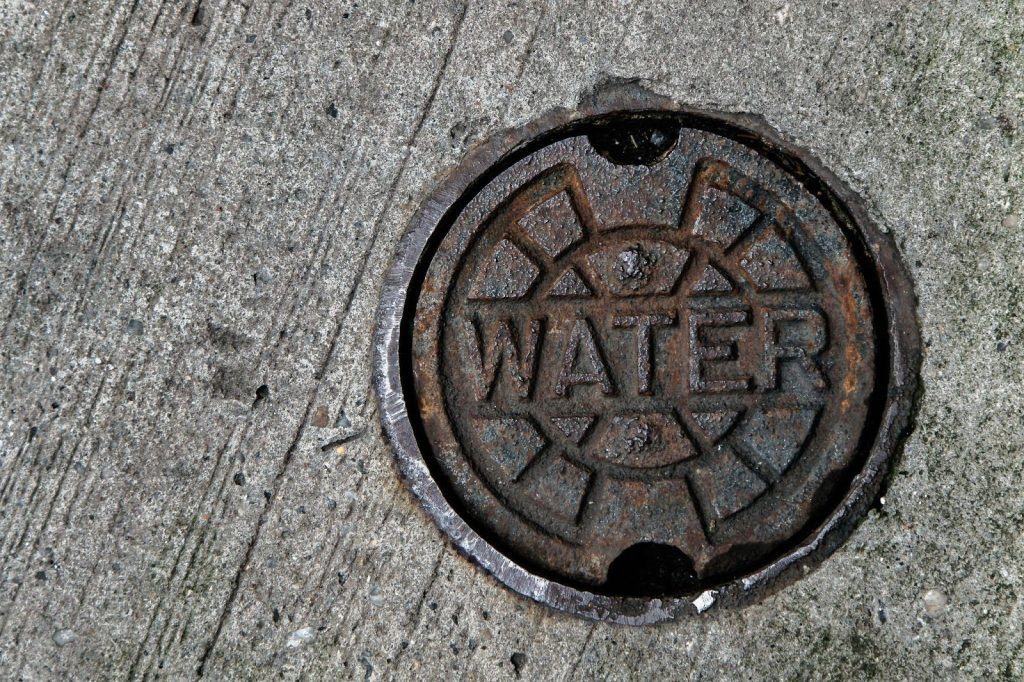
Trust your water main to Salisbury Plumbing
For expert assistance in maintaining and protecting your water main, consider partnering with Salisbury Plumbing. Our experienced team understands the complexities of water main systems and offers tailored solutions to meet your needs.
Whether you require routine inspections or emergency repairs for a water main failure, Salisbury Plumbing is dedicated to keeping your plumbing system in optimal condition.
Don’t wait for a problem to arise — contact Salisbury Plumbing today to ensure your water main remains secure and efficient all year round.
situs hk toto slot toto slot slot thailand situs slot gacor toto togel toto slot slot online situs toto situs togel bento4d login toto slot situs gacor toto slot toto slot toto togel situs toto data macau bento4d slot gacor hari ini slot gacor

